Labor deputy Richard Marles’ run of visits to China embassy
Richard Marles held 10 meetings with the Chinese embassy or officials in the past five years when tensions were escalating in the Sino-Australia relationship.

Deputy Labor leader Richard Marles held 10 meetings with the Chinese embassy or officials in the past five years, at a time when tensions were escalating in the Sino-Australia relationship and the Morrison government was frozen out of contact with Beijing.
The issue of contact with Chinese officials, including “wolf warrior” former ambassador Cheng Jingye, who was responsible for issuing a list of 14 demands to Australia, was raised with the national security apparatus, a three-month investigation by The Australian has uncovered.
Mr Marles’s contact with the embassy and attitude towards China sparked concern among Labor colleagues, sources say, including former deputy chair of the joint committee on intelligence and security, Anthony Byrne, and the late Kimberley Kitching.
At one private meeting, Mr Marles is understood to have indicated to Chinese officials that the countries’ relationship would improve under a Labor government.
There were several attempted interventions from Peter Jennings, the head of the Australian government-owned think tank, the Australian Strategic Policy Institute. He tried to persuade Mr Marles from 2017 that his attempt to blame Australia for Beijing’s hostilities was wrong.
The Australian has confirmed that Mr Marles met officials from the Chinese embassy or consul-general three times in 2017, once in 2018, twice in 2019, once in 2020, twice in 2021 and a meeting was scheduled with new Chinese ambassador for March 2022 but was postponed.
Since she became Foreign Minister in August 2018, Marise Payne has had two meetings with the previous Chinese ambassador and one with his replacement.
The Chinese embassy also facilitated Mr Marles’s delivery of a speech in Beijing in September 2019 and arranged for him to meet a senior Communist Party official while on that trip.
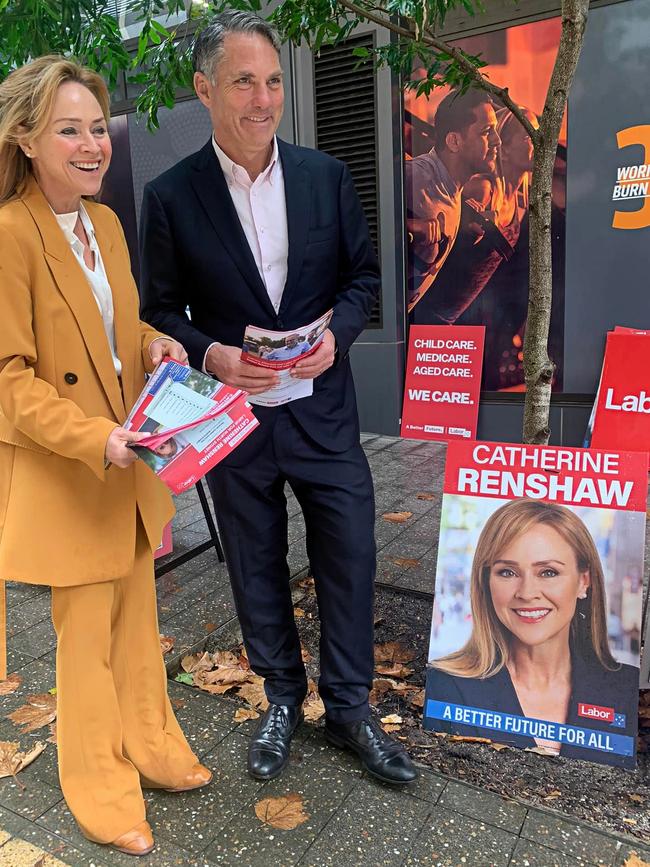
At the time of the meetings, relations between China and Australia were deteriorating following the debate and passage of the foreign interference legislation, the banning of Huawei and the resignation of Labor senator Sam Dastyari from the frontbench in 2016 and then from parliament in late 2017 after he warned a Chinese donor he was under surveillance.
Mr Marles organised one of the three embassy meetings in 2017 while his Labor colleagues set up the other two that he attended.
Mr Marles always had staff members present for the meetings and was never alone, his spokeswoman said. “Mr Marles has always engaged in professional diplomacy both during his time as a minister and shadow minister- this is not a secret,” she said.
“Desperate attempts by others to suggest otherwise, are now getting beyond the pale and don’t stand up to the facts.”
It is understood that, in conversations with Chinese officials, Mr Marles gave the impression diplomatic relations would improve under a Labor government.
There were concerns his comments would create a perception at the Chinese embassy that Labor would take a softer position on national security to the government. Mr Marles could not recall making such remarks when questioned by The Australian.
However, the sentiment is captured in a Chinese-language report dated September 23, 2019, by the International Department of the Central Committee of the Chinese Communist Party.
The report records a meeting in Beijing between Mr Marles and the Vice Minister of the International Department of the Central Committee of the Chinese Communist Party, Guo Yezhou.
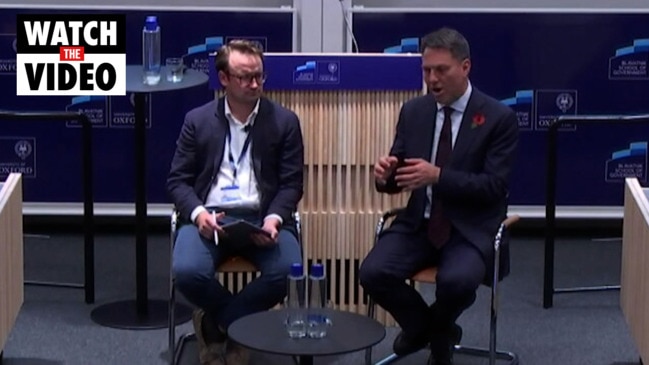
It states Mr Marles said Labor was “willing to deepen exchanges and co-operation between the two parties so as to promote the development of Australia-China relations.”
Six days later, Mr Marles told then ABC host Fran Kelly that Chinese officials he met in Beijing had complained about how the Australian government was managing the relationship with China.
Mr Marles agreed that “this government, our government right now, is managing this relationship badly”. He said there had been “complete ineptness on the part of this government” and added: “Right now, we have a massive trust deficit in terms of our relationship with China, and we need to build trust.”
Sources said Mr Marles saw himself at the time as a “modern day Kissinger”. Former US secretary of state Henry Kissinger had for many years acted as an intermediary between China and America. Sources close to Mr Marles said he drew parallels with the level of US engagement with the Soviet Union in the Cold War, making the point that if Moscow and Washington had maintained a diplomatic relationship, so could Australia and China.
Political colleagues of Mr Marles say after years of being considered a staunch ally of America, he deliberately sought to cultivate a closer relationship with Beijing to assist with his ambition of being foreign minister.
He is also understood to have seen his public commentary as an opportunity to politically wedge the Morrison Government.

Concerned colleagues
Some of his colleagues in the ALP were alarmed. Kitching, who died in March this year, was troubled by Mr Marles’s interactions with the Chinese embassy and comments on China, particularly the speech he gave at the Beijing Foreign Studies University.
Mr Byrne was concerned about the number of occasions some parliamentarians, including Mr Marles, were meeting with the Chinese embassy at a time of escalating aggression from Beijing.
He raised it with members of the powerful parliamentary intelligence committee, which oversees the intelligence agencies.
Sources familiar with conversations that took place say Mr Byrne was “very agitated about the Chinese ambassador and what he was trying to do”.
“He was really worried about people going to see the Chinese ambassador,” a source said. “His tone was that anybody who spoke to the Chinese ambassador, particularly if it was frequent, was risking endangering the bolstering and strengthening of our national security. There was a discussion among people connected with the intelligence community about Marles and others.”
Given Mr Byrne’s closeness to the intelligence community, a source said “there’s no way the agencies wouldn’t have known about his concern”.
Intervention
There were also several attempts by Mr Jennings, who until recently was executive director of ASPI, to persuade Mr Marles that China was a serious risk that could not be overcome with more positive rhetoric or diplomatic approaches.
The interventions by Mr Jennings, a former Defence Department deputy secretary for strategy, began in 2017. It is understood he felt Mr Marles was becoming more strident in his belief that the breakdown in the Australia-China relationship was a result of a diplomatic failure by the Australian government.
A security source described Mr Marles’s continued relationship with the Chinese embassy as “unusual” given he had not held the defence portfolio since January last year. He is Labor’s spokesman for national reconstruction, employment, skills, small business and science.
Parliamentary joint committee on intelligence and security chairman James Paterson said Mr Marles should be transparent about his dealings with the Chinese government.
“While the Chinese Communist Party coerces us and seeks to interfere in our democracy, Australians have a right to know exactly what our possible future deputy prime minister has been up to,” Senator Paterson said. “Why did he meet the embassy so often and what did they discuss? What did he offer in exchange for closer relations under a Labor government? Which of the 14 demands would he trade away?”
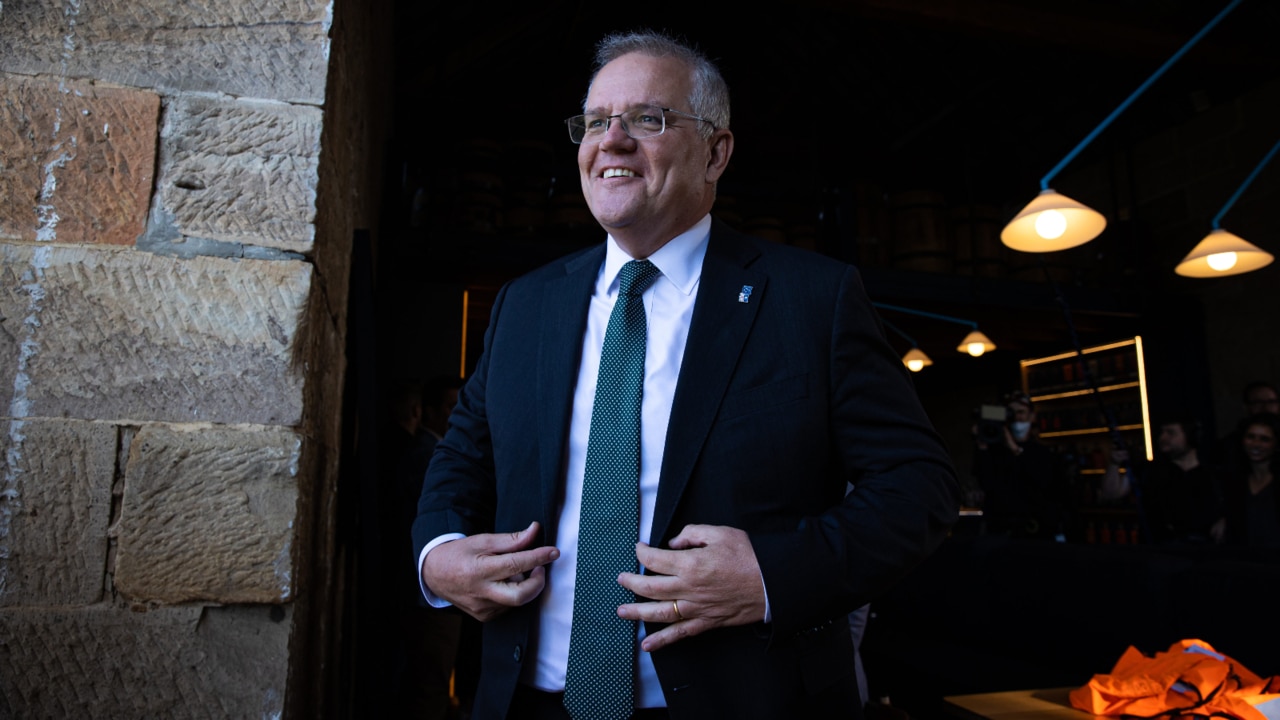
Official records
The Chinese embassy’s public records indicate there were 13 meetings with Australian officials during the 46th parliament.
Senator Payne had two meetings while Penny Wong, Victorian Premier Daniel Andrews, Governor-General David Hurley, former Northern Territory Chief Minister Michael Gunner and DFAT secretary Frances Adamson were among others who met Cheng Jingye, his replacement, Xiao Qian or deputy ambassador Wang Xining. Mr Marles’s meetings were not included on official records.
Prior to The Australian’s revelations about Mr Marles’s engagement with Beijing, he had established a reputation as a hawk. Over the years, he had developed a strong relationship with the US, holding 29 meetings with US embassy officials over the time he had 10 with Chinese officials. In 2017, he met US embassy officials 10 times, eight times in 2018, five times in 2019, four times in 2020 and twice in 2021. He has also met extensively with the British, New Zealand, French and Israeli embassies.
On the more recent occasions Mr Marles met with the Chinese embassy, his office informed Senator Payne’s senior advisers. The Foreign Minister did not express any objections to the contact and, on the contrary, appeared to be fine with it. Senator Payne’s office was not provided with a “readout” after the meetings.
Diplomatic freeze
The last interaction a Morrison government minister had with a Chinese minister was on January 29, 2020, when Senator Payne had a ministerial phone call with counterpart Wang Yi. In the days that followed, the Australian government shut down travel from China to prevent the spread of the new coronavirus.
In September 2019, the Chinese embassy organised for Mr Marles to deliver a speech at the Beijing Foreign Studies University and, on the same trip, the embassy arranged his meeting with Mr Guo.
Mr Marles showed his speech to the Chinese embassy in Canberra before he left for Beijing to deliver it, as The Australian revealed in April. The speech was overwhelmingly positive for China. In it, he called for closer defence co-operation with China and welcomed Beijing’s growing investment in the Pacific. His speech did include a single reference to the plight of the Uighurs, a persecuted minority group.
Mr Marles drew an equivalence with Australia’s human rights failures. “We also submit ourselves and our own standards and our own record to global scrutiny – and not all of these critiques of and that commentary about us will be easy for Australia to hear,” he said.
Before that part of the speech, Mr Marles praised China’s “unbelievable human rights achievement” in lifting more people out of poverty, more quickly, than any other country in civilisation.
Two months later, Liberal politicians Andrew Hastie and Senator Paterson were denied visas when they sought to enter China.
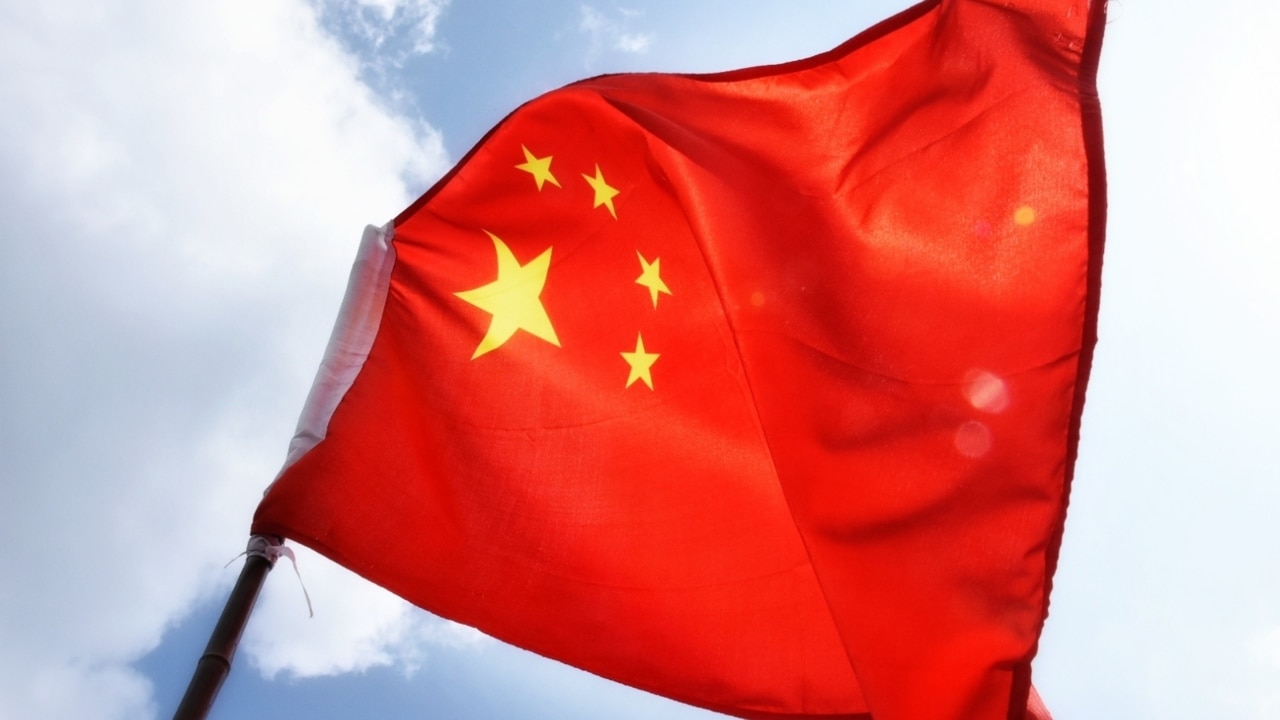
The risk
A former defence source said meetings with Chinese officials could pose a risk.
“The risk here is some of these embassies are out to cultivate people, to establish contacts and they do that by doing things like offering travel opportunities to their countries,” the source said.
“Anyone that’s in a sensitive national security position needs to be aware of the risk of cultivation. It doesn’t mean you don’t talk to these people but you go into it with a realistic appreciation of the risks of being seen to be in a compromised relationship.”
Political attacks
Scott Morrison withdrew a slur against Mr Marles in February when he called him a Manchurian candidate in parliament.
During the televised debate on Sunday evening, the Prime Minister asked Anthony Albanese how many times Mr Marles had met with the Chinese embassy.
Mr Marles said afterwards: “This is just a pathetic scare campaign on the part of this government, which is about trying to distract from the fact that with the Solomon Islands, we’ve got just about the biggest foreign policy failure that we’ve seen since the end of the Second World War.”


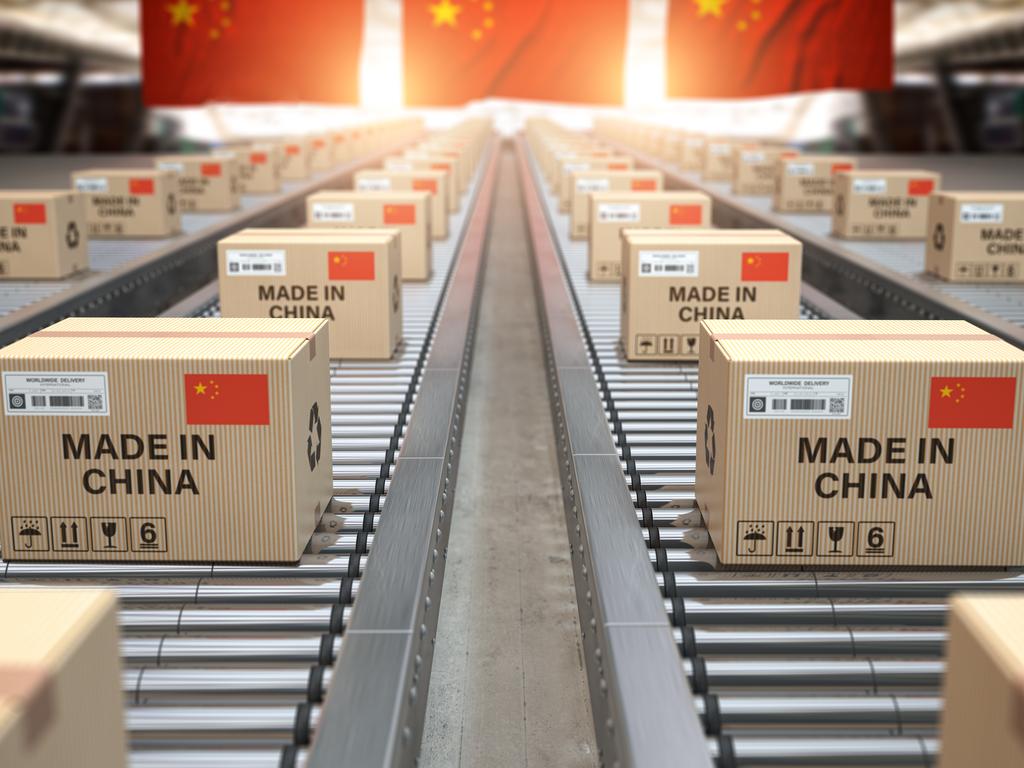
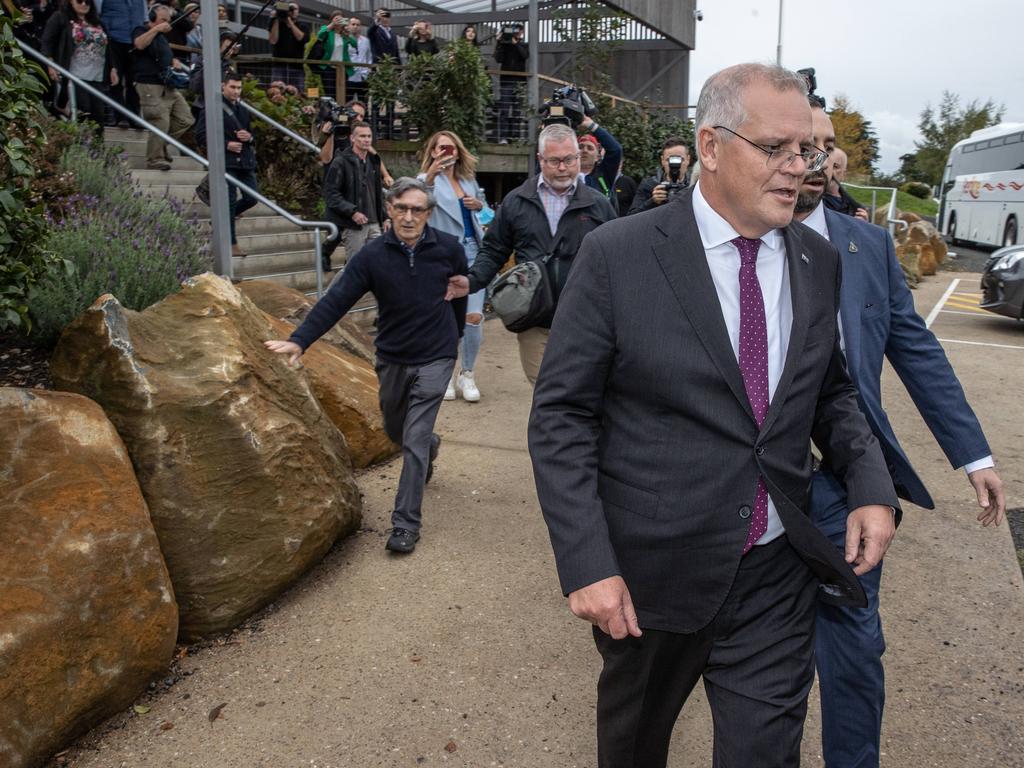

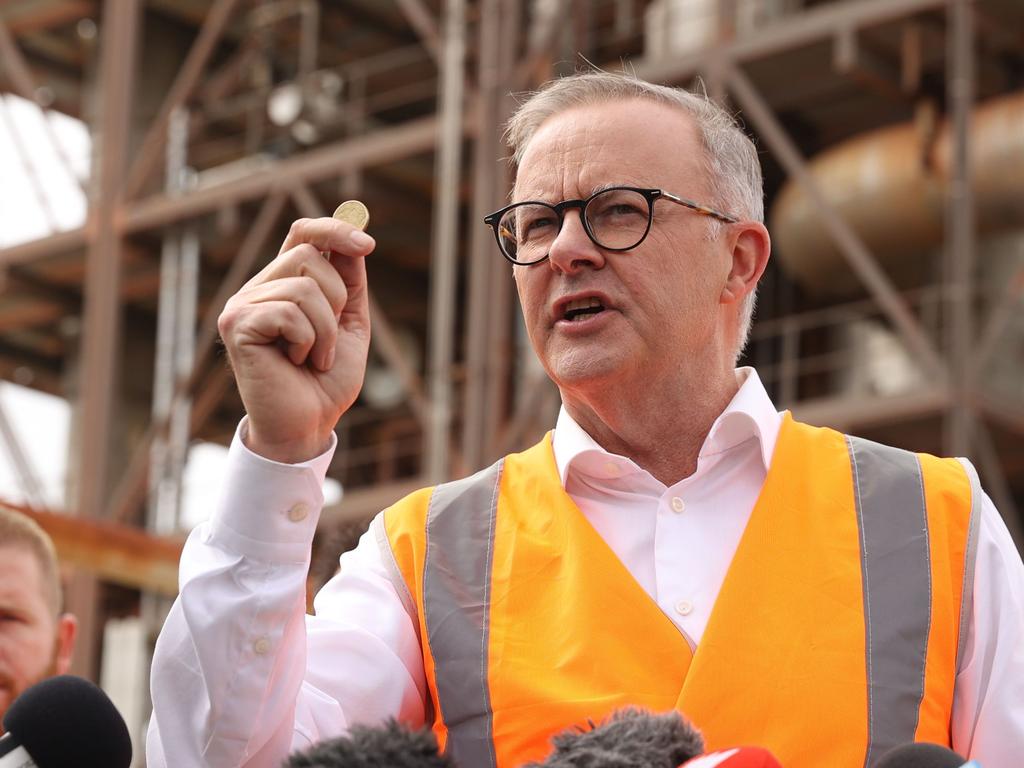

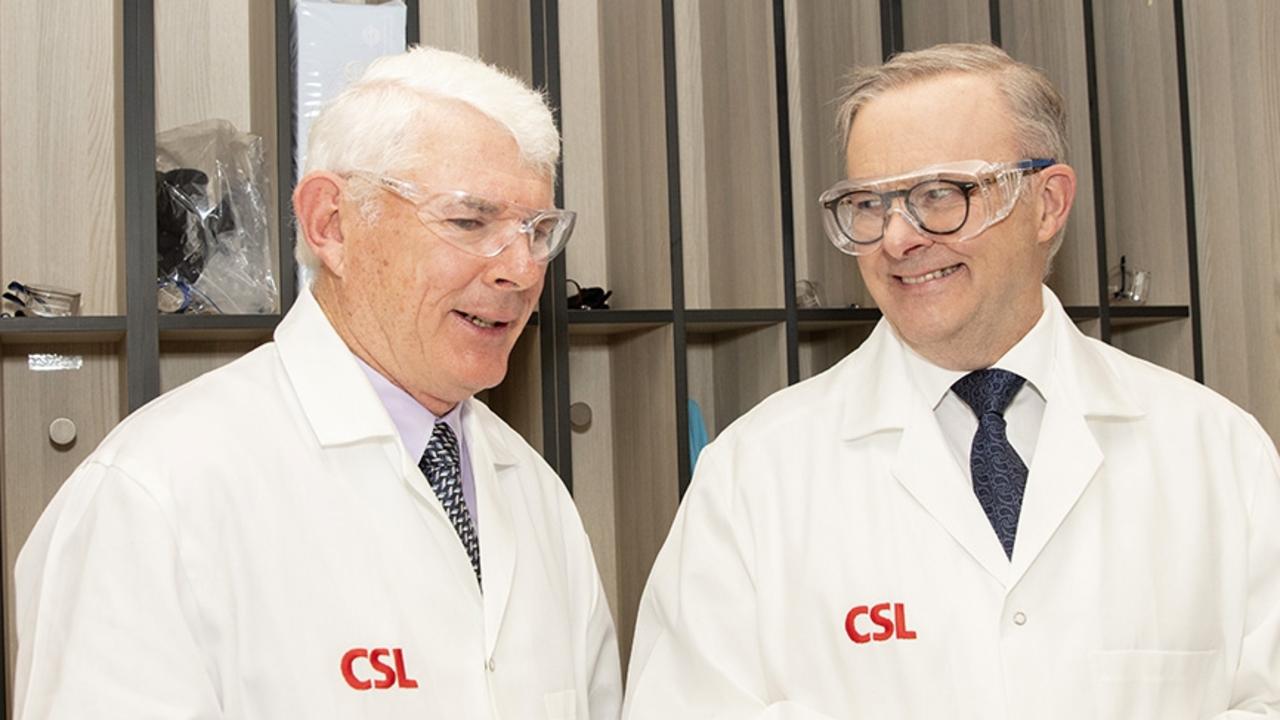
To join the conversation, please log in. Don't have an account? Register
Join the conversation, you are commenting as Logout